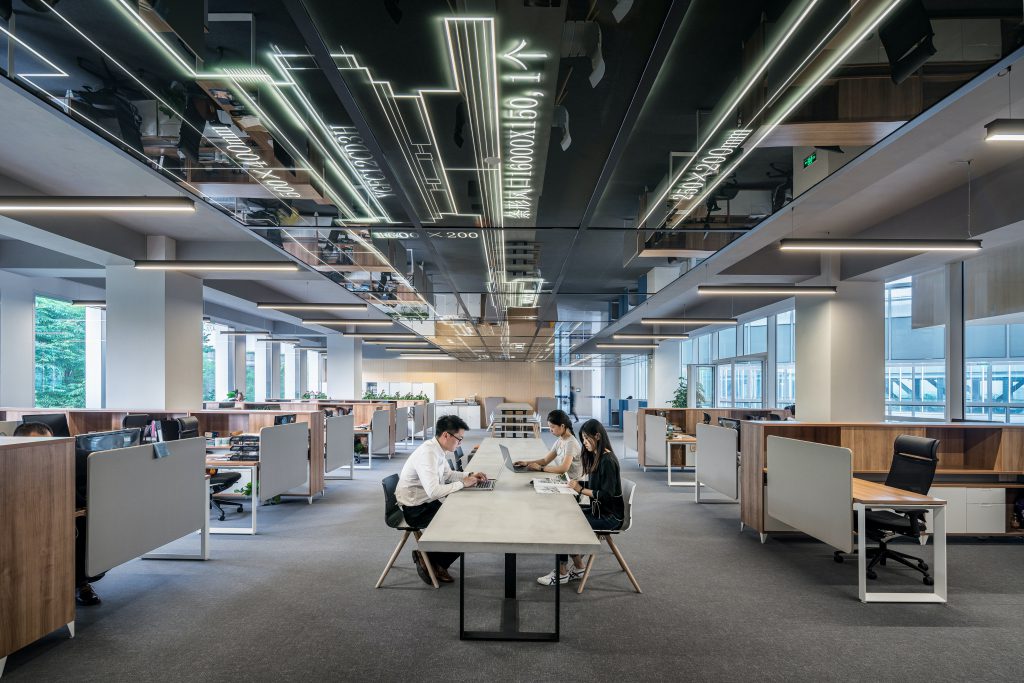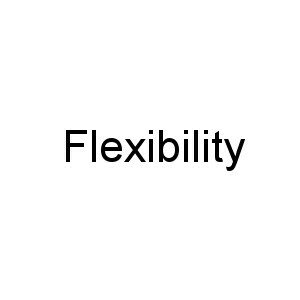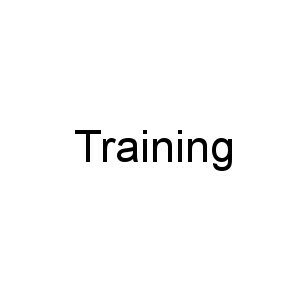Future Manager World
Planning Future - Acting Present
One single simple Mission: supporting Companies HR needs Worldwide
APAC - EMEA - IMEA - LATAM - USA & North America
Today in Future Manager World
Planning Future
“Global business culture is always saying that if you can dream it, you can do it
when you have the right people and ideas.”
“What global business culture is not saying is that being
right is not enough if it is just a thought.
If you can dream it, you will not necessarily do it.
But if you share it, you are already doing something beyond dreaming.”
“But what if it is not the right thing to do?”
“The right thing does not exist.
There is only what is suitable for you in the moment you decide to step up.
You just have to find it out.”












